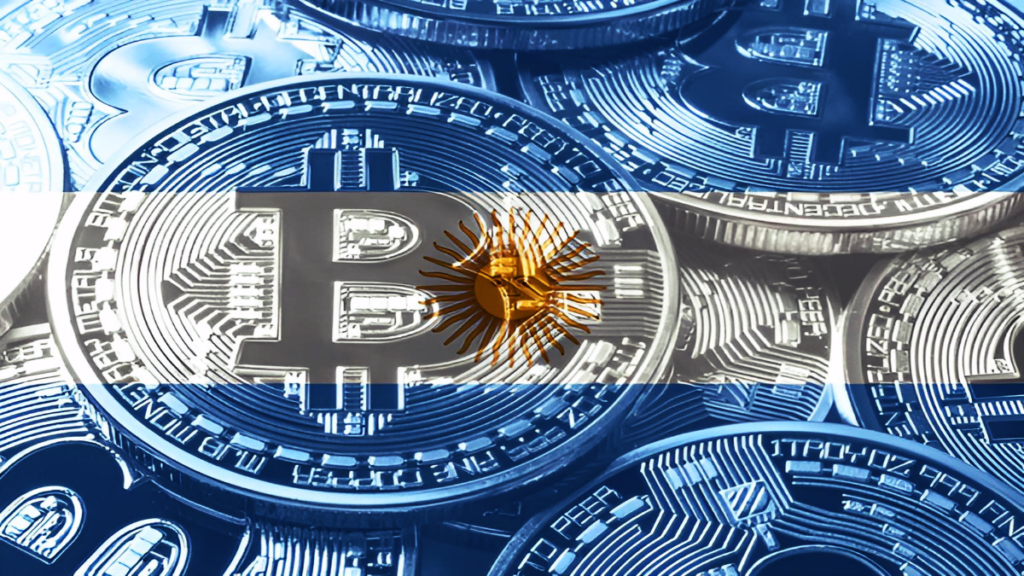ARTICLE AD BOX

The Argentine government has issued a stern warning to its citizens: declare your cryptocurrency holdings or face additional taxes. This move aims to bring transparency and regulation to the country’s growing crypto market, which has seen widespread adoption amidst economic instability.
New Tax Exemptions and Requirements
In a bid to tighten control over cryptocurrency assets, the Argentine government has revised its money laundering laws, offering tax exemptions for citizens who declare up to $100,000 worth of Bitcoin and other tokens. However, these exemptions come with strict conditions. The tax break only applies to crypto assets held on platforms registered with the National Securities Commission (CNV).
Government Registered Exchanges: A Key Requirement
One critical aspect of the new regulations is the stipulation that crypto assets must be managed or held on an exchange registered with the CNV to be eligible for tax exemption. This requirement could pose a challenge for many Argentinians who use international virtual wallets not registered with the CNV. The government aims to ensure that crypto assets remain within the country’s regulatory framework, potentially complicating compliance for those using foreign exchanges.
Argentina’s central bank will sell US dollars in the country’s parallel foreign exchange markets starting Monday https://t.co/44vu6fe9xh
— Bloomberg (@business) July 13, 2024
Valuation Challenges for Stablecoin Holders
Another significant hurdle is the method of token valuation. The new law specifies that the USD value of coins must be calculated based on market rates as of December 31, 2023. Alternatively, taxpayers can use the acquisition value if it is higher than the end-of-year market rate. This could be particularly problematic for stablecoin holders in Argentina, where the market value of USD-pegged coins often exceeds official rates due to high demand and inflation.

Also Read: Tax-Saving Tips for Expats: Strategies to Keep More of Your Money
Inflation and Currency Controls: The Broader Context
Argentina’s persistent hyperinflation and stringent foreign currency controls have driven many citizens to seek refuge in cryptocurrencies, particularly stablecoins like USDT. The demand for these tokens has led to a premium, with some paying up to 40% above market rates. These economic pressures underscore the government’s efforts to bring crypto holdings under regulatory oversight and prevent money laundering and tax evasion.
Regulatory Enforcement and Potential Penalties
The new fiscal measures, introduced by President Javier Milei, include severe penalties for non-compliance. Citizens who fail to declare their crypto holdings could face tax bills ranging from 5% to 15% of their tokens’ dollar value. The CNV, which has been granted extensive regulatory powers, launched the Registry of Virtual Asset Service Providers (PSAV) in March, following recommendations from the Financial Action Task Force (FATF) to combat money laundering and terrorist financing.
Implications for Crypto Investors
While the new regulations provide a path to avoid additional taxes, they do not exempt all crypto holders from regular taxation. Economy Minister Luis Caputo emphasized that citizens must keep their declared assets within the Argentine financial system until December 31, 2025, to avoid special tax levies. This policy is part of a broader strategy to dollarize the economy and eliminate the fiat peso, reflecting Milei’s pro-Bitcoin stance and commitment to increasing tax compliance.
.png)
 4 months ago
2
4 months ago
2








 English (US)
English (US)